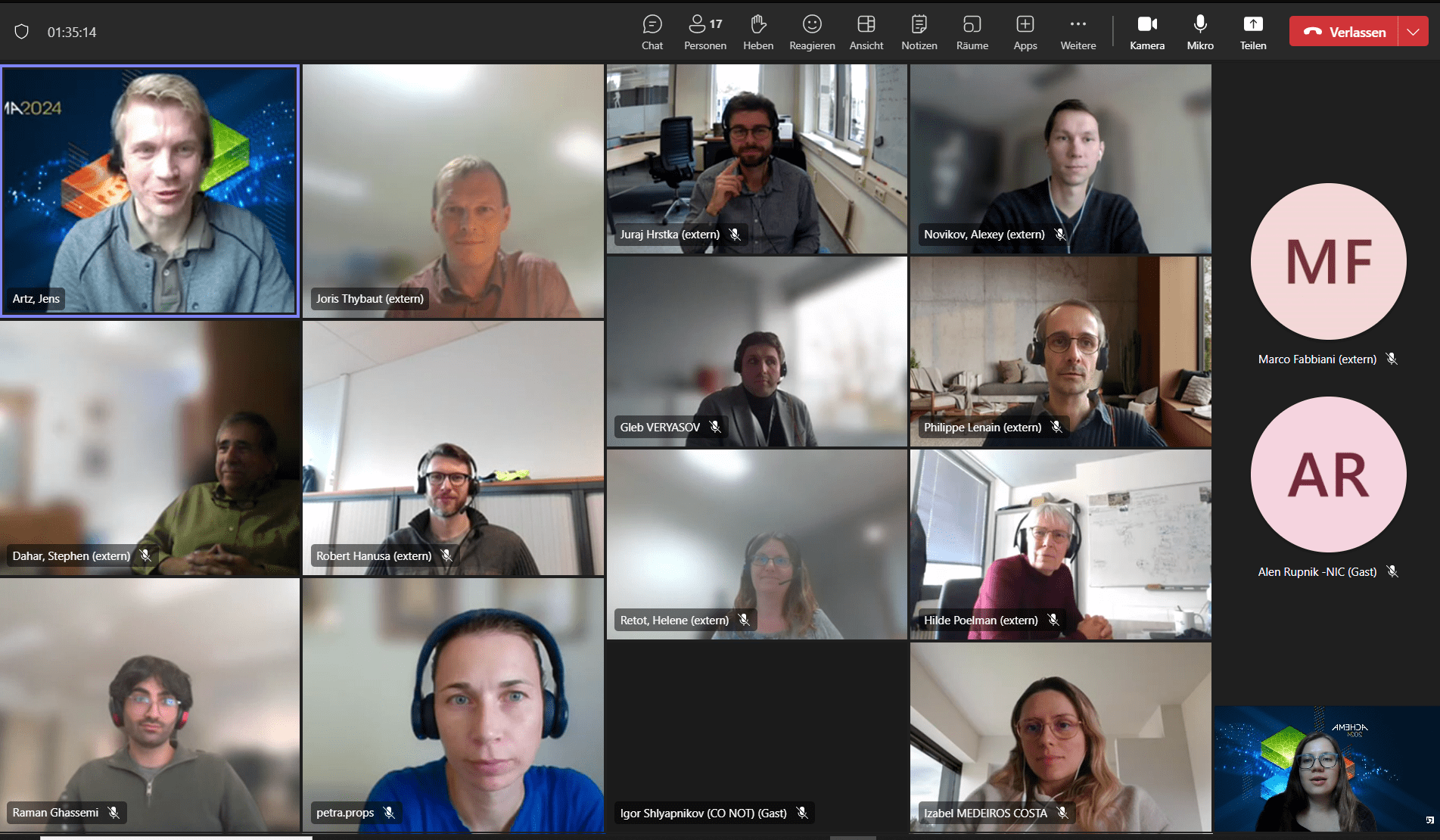
e-CODUCT Regulatory Landscape Online Workshop 6/11/2023
As part of the European Green Deal, renewable energies are a key pillar of the clean energy transition as they are cost-effective and produced domestically, which reduces Europe’s dependence on external suppliers. The EU has set itself the goal of increasing the share of renewable energy in its energy mix and the measures required to achieve this are regularly revised. Among other things, the focus is on accelerating renewable energy projects and removing administrative barriers. The Renewable Energy Directive (RED) is the legal framework for the development of clean energy in all sectors of the EU economy and supports co-operation between EU countries to achieve this goal. Given the need to accelerate the transition to clean energy in the EU, the revised Directive EU/2023/2413 entered into force on 20 November 2023.
As part of the e-CODUCT project WP6, which deals with process engineering, integration design and demonstration, the project partner DECHEMA is reviewing and analysing the relevant legal framework conditions with regard to their application to dynamic process operation. The field of electricity production from renewable energies is constantly evolving, and this also applies to the corresponding legal framework conditions. In order to establish sustainable production of electricity, several conditions must be met: dedicated production of electricity from renewables with co-located wind/solar park (but also with H2S and CO2 sources) is a prerequisite.
However, there are some of the key regulatory bottlenecks that affect the implementation and deployment of new carbon dioxide (CO2) reduction technologies in the EU. DECHEMA, together with the consortium and stakeholders, is analyzing key the challenges of implementing CO2 reduction technologies with a focus to the technology being developed within e-CODUCT project.
To this end, DECHEMA hosted an online workshop on the e-CODUCT regulatory landscape on 6 November 2023 to present to the consortium the first findings on the current assessment of the regulatory environment of the process (existing laws, guidelines and policies) and to discuss open questions that need to be further explored in the field of regulation.